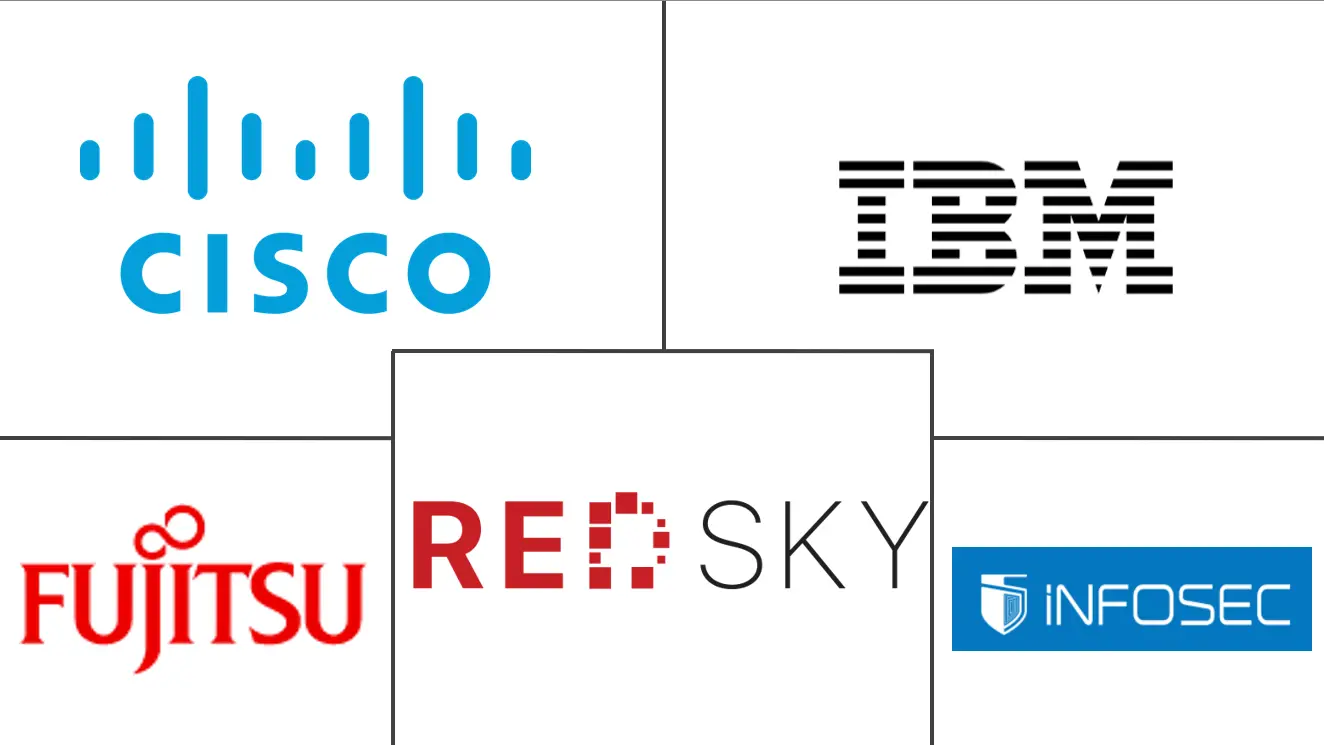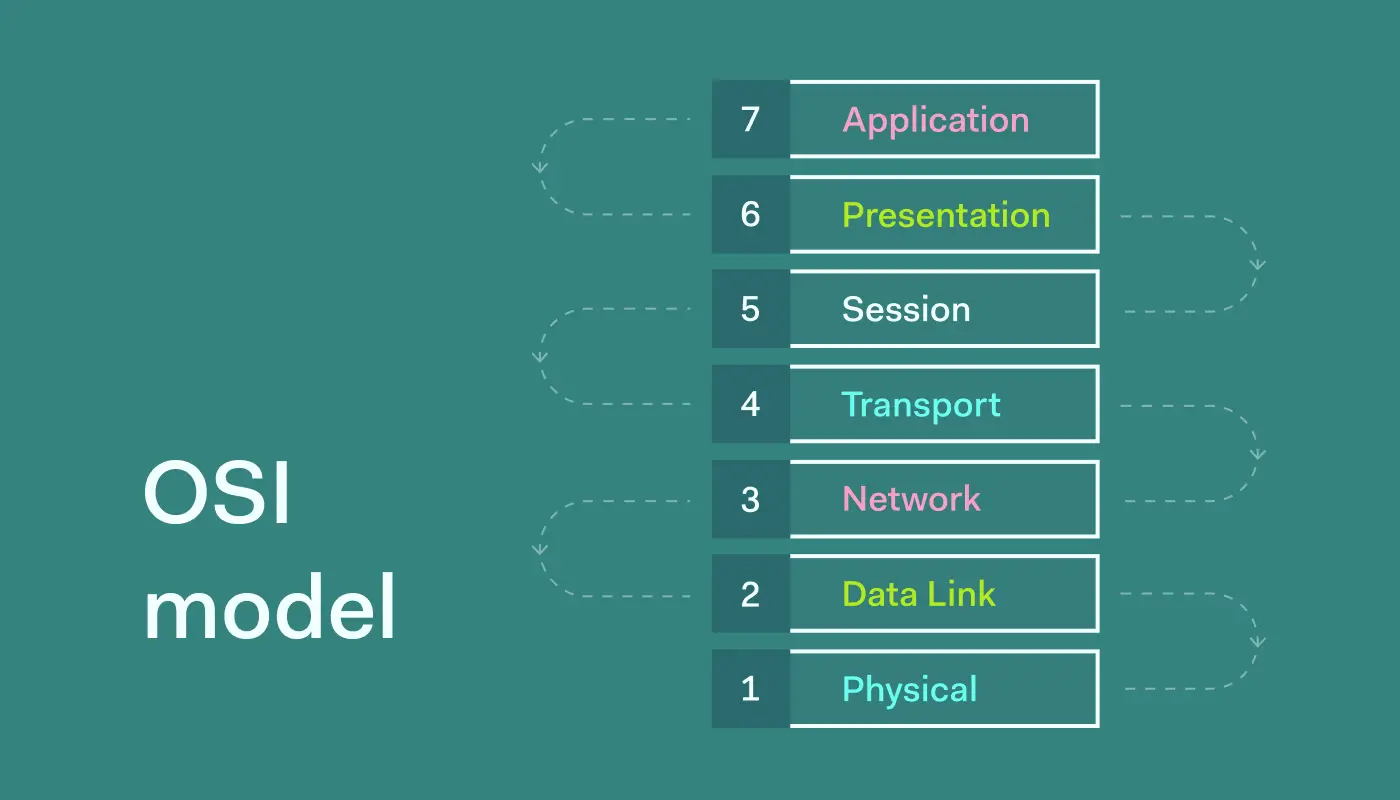Published on May 24, 2025
Quantum Computing Impact on Cloud Storage 2025

The year 2025 marks a pivotal era for the tech industry. One of the most groundbreaking shifts is the influence of quantum computing on cloud storage. While traditional computers operate with binary digits (bits), quantum computers utilize quantum bits (qubits), enabling unprecedented levels of processing power and storage capabilities.
In this article, we will deeply explore how quantum computing affects cloud storage, the opportunities and challenges it presents, how companies are adapting, and what the future may hold.
What is Quantum Computing?
Quantum computing is a revolutionary technology based on the principles of quantum mechanics. Unlike classical computing, which uses bits as 0s and 1s, quantum computing uses qubits that can exist in multiple states simultaneously (thanks to superposition and entanglement).
According to IBM Quantum,
“Quantum computing has the potential to solve problems that are too complex for classical computers.”
Thus, it is set to dramatically reshape industries ranging from healthcare to finance — and yes, especially cloud storage.
How Quantum Computing Works in the Context of Cloud Storage
Cloud storage today largely relies on:
- Centralized servers
- Classical encryption
- Linear data transfer rates
Quantum computing introduces:
- Quantum Encryption (e.g., Quantum Key Distribution, QKD)
- Exponential Data Processing
- Ultra-Fast Search and Retrieval
These innovations mean cloud storage systems can become faster, more secure, and far more efficient.
Key Benefits of Quantum Computing for Cloud Storage in 2025
1. Enhanced Security Through Quantum Encryption
One of the greatest concerns with cloud storage is security. In 2025, Quantum Key Distribution (QKD) is making cloud data nearly unbreakable. Unlike traditional encryption, QKD uses quantum physics to securely distribute encryption keys, making interception detectable.
Quote from University of Cambridge:
“Quantum key distribution provides theoretically unbreakable communication channels.”
2. Faster Data Processing and Retrieval
Quantum algorithms such as Grover’s Algorithm speed up search functions exponentially. Retrieving data from cloud servers becomes significantly quicker, even with massive datasets.
3. More Efficient Storage Systems
Quantum computers can compress and decompress massive amounts of data almost instantly. This leads to:
- Lower storage costs
- Higher data density
- Faster backups and restores
Challenges of Quantum Computing for Cloud Storage
1. Compatibility Issues
Current cloud infrastructures were built for classical computers. Transitioning to quantum-friendly systems requires heavy investment and innovation.
2. Quantum Threats to Classical Encryption
Ironically, quantum computers also threaten classical encryption. As The National Institute of Standards and Technology (NIST) noted,
“Quantum computers can potentially crack widely-used public key cryptography.”
Thus, cloud providers must adopt post-quantum cryptography methods to future-proof their systems.
3. High Costs
Quantum hardware is extremely expensive. Only tech giants and some government sectors can afford large-scale implementation as of 2025.
Companies Leading the Quantum Cloud Revolution
Several tech companies are already pioneering quantum cloud storage:
- IBM Quantum: Offering cloud-based quantum computing services.
- Microsoft Azure Quantum: Integrating quantum solutions into cloud infrastructure.
- Google Quantum AI: Pushing research in quantum supremacy and applying it to data services.
Real-World Applications Emerging in 2025
- Healthcare: Quantum-enhanced cloud storage for managing sensitive genetic data.
- Finance: Fast-tracking big data analysis for fraud detection.
- Defense: Ultra-secure communication and storage channels.
Future Predictions: Cloud Storage 2030 and Beyond
Experts predict that by 2030:
- 50% of cloud storage providers will integrate quantum technologies.
- Post-quantum cryptography will become a standard.
- Hybrid cloud environments (quantum + classical) will dominate.
Supporting YouTube Video
Here’s a video that explains how quantum computing is impacting cloud storage:
Note: Video by NVIDIA Developer.
Comparison of Classical vs Quantum Cloud Storage
| Feature | Classical Cloud Storage | Quantum Cloud Storage (2025) |
|---|---|---|
| Encryption | RSA, AES (vulnerable to quantum attacks) | Quantum Key Distribution (QKD), Post-Quantum Cryptography |
| Processing Speed | Linear (limited by CPU) | Exponential (enhanced by qubits and parallelism) |
| Data Retrieval | Sequential Search | Quantum-enhanced Search (e.g., Grover’s Algorithm) |
| Storage Efficiency | High redundancy, lower compression efficiency | Ultra-high compression with entangled states |
| Security Threats | Malware, classical hacking | Quantum hacking threats, but stronger defenses too |
| Implementation Cost | Relatively affordable | Very high (2025), expected to decrease post-2030 |
| Adoption Rate | Widespread across industries | Early adopters: finance, healthcare, government |
FAQ Section (Frequently Asked Questions)
1. What is quantum cloud storage?
Quantum cloud storage uses quantum computing technologies to enhance the storage, retrieval, and security of data on cloud servers. It relies on principles like superposition and quantum entanglement to outperform classical systems.
2. How does quantum computing improve cloud security?
Quantum computing introduces unbreakable encryption methods like Quantum Key Distribution (QKD), making it almost impossible for hackers to intercept or tamper with data.
3. Will quantum computing make current cloud systems obsolete?
Not immediately. In 2025, most cloud systems are hybrid, combining classical and quantum technologies. Full transition to quantum-native cloud storage is expected after 2030.
4. Are there any risks to using quantum cloud storage?
Yes. The biggest risks include:
- Compatibility issues with existing systems
- High costs of implementation
- Emerging quantum-specific cybersecurity threats
5. Which companies are leading quantum cloud innovations?
Tech giants like IBM, Microsoft Azure Quantum, and Google Quantum AI are at the forefront of developing and implementing quantum solutions for cloud infrastructure.
Conclusion
Quantum computing is not just a futuristic dream — it is actively shaping the cloud storage landscape in 2025. Enhanced security, speed, and efficiency are becoming the new norm, although challenges like cost and compatibility remain.
The next few years will see even more disruptive innovations, pushing industries to adapt or fall behind.





